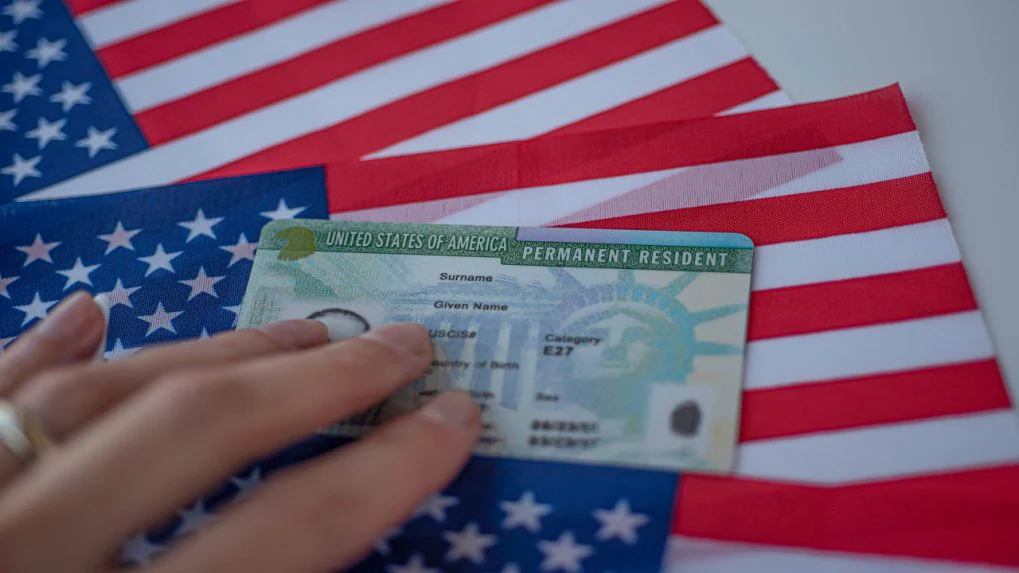A Green Card, known officially as a Permanent Resident Card, is a document issued to immigrants to the US as evidence that the bearer has been granted the privilege of residing permanently.
Our Bureau
Washington
The long and agonizing wait for Green Cards for people from India, China, Mexico and the Philippines is mainly due to the country-based quota system in its allocation which can be changed only by the US Congress, said Douglas Rand, the Senior Advisor to the director of United States Citizenship and Immigration Services (USCIS).
“The annual limit established by Congress on family-sponsored preference Green Cards is 2,26,000 for the whole world while the annual limit on employment-based Green Cards is 1,40,000. On top of that, the per-country limit is set at 7% of the total annual family-sponsored and employment-based preference limits, Rand told Indian Americans during a virtual town hall organized by the State Department on visa and consular issues.
“Suffice to say for now that it is about supply and demand. Congress has constrained supply. Demand continues to go up. Not just from India, but all over the world. When the demand for a particular Green Card category or a country within a category exceeds the supply of numbers available then that category and country are considered oversubscribed,” Rand said.
Rand emphasized the US plans to continue improving the accuracy and comprehensiveness of its data on employment-based adjustment of status applications. “Our goal is to resume publishing regular inventory reports.” He noted that even when there is retrogression there are enduring benefits.


























